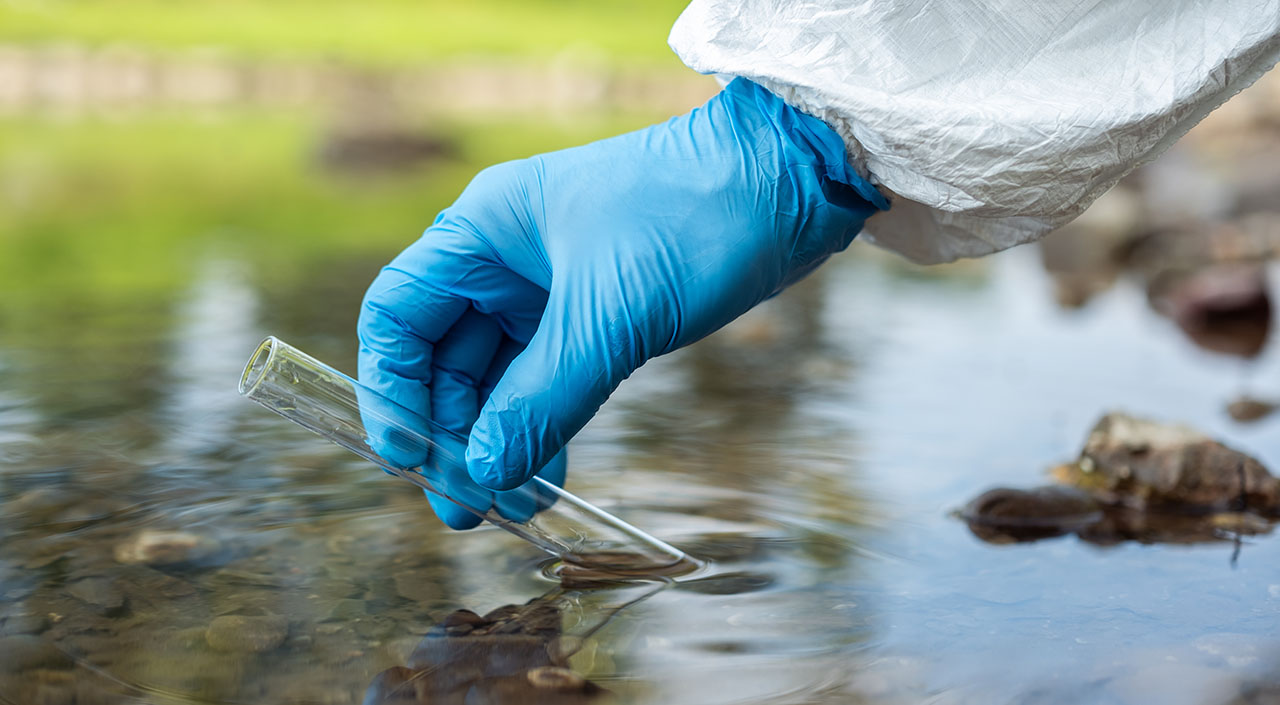Using Artificial Intelligence (AI) on ASTM standards and related intellectual property is prohibited. Violations will result in suspension of access.

Jul 28, 2025
ASTM International’s water committee (D19) is developing a proposed standard to analyze for metals in water samples, in solid samples that have been leached, or digested in reagents that put the elements into aqueous solution.
The proposed standard (WK87910) aims to focus on the analysis of water, wastewater, and solid samples for metals by inductively coupled plasma-mass spectrometry (ICP-MS) using interference removal technology including but not limited to, collision and reaction cells.
According to ASTM member William Lipps, ICP-MS can analyze almost all the elements from lithium and up in the periodic table. The new method lists 36 elements. ICP-MS is very sensitive, allowing very low concentrations to be detected, but the technology can enable higher concentrations of elements to be measured as well.
“The interference removal technology described in this new method overcomes interferences introduced by rare earth elements, and chloride and other polyatomic ions,” says Lipps, general manager of government and regulatory business development at Shimadzu Scientific Instruments, Inc. “Rather than describe specifics of the technology to remove interferences, we are adding interference checks with acceptance limits to allow advancement by manufacturers; as long as the interference is removed any new hardware should still be allowed by the method.”
This effort directly relates to the United Nations Sustainable Development Goal #6 on Clean Water and Sanitation.
ASTM welcomes participation in the development of its standards. Become a member at www.astm.org/JOIN.
September / October 2025